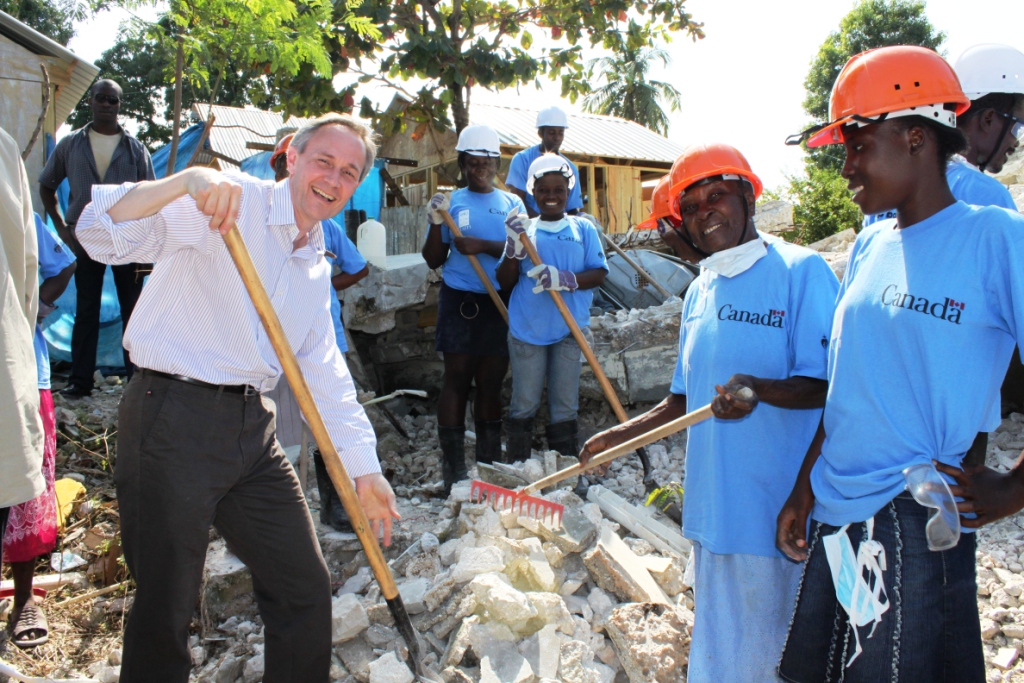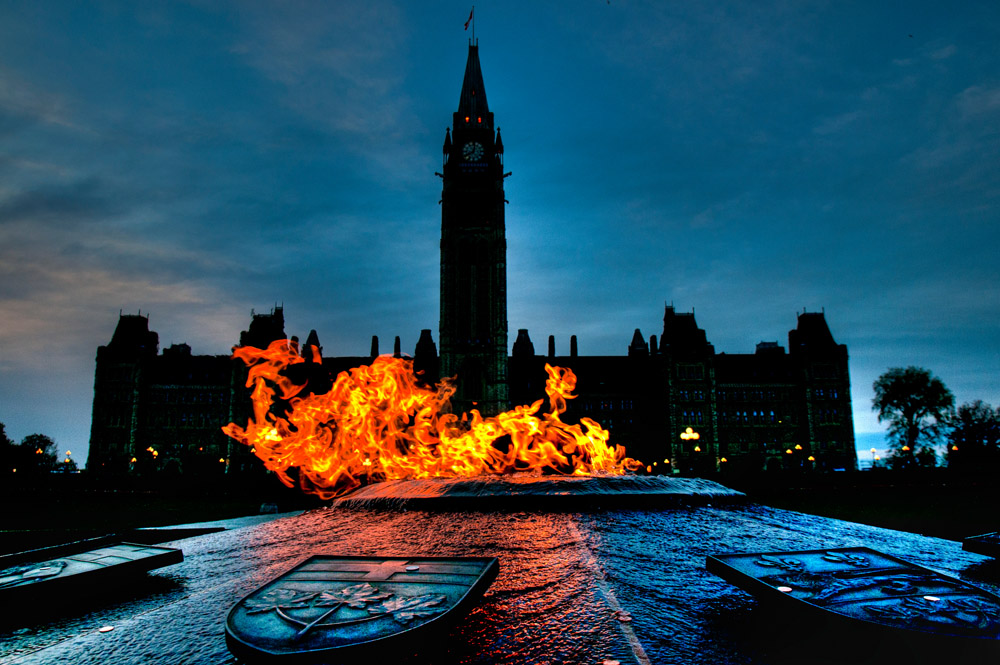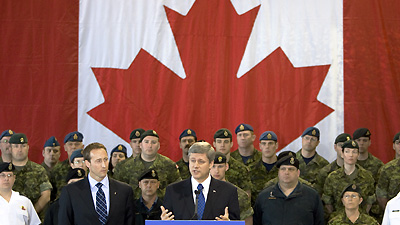 The Canadian Army Reserve has been legislated to grow based on the 2008 Canada First Defense Strategy. Yet it has been recently predicted that the Army Reserve will actually shrink due to recruitment problems. Surprisingly, it is not a lack of interest which is the problem; it is a bureaucracy which is moving too slowly to permit growth.
The Canadian Army Reserve has been legislated to grow based on the 2008 Canada First Defense Strategy. Yet it has been recently predicted that the Army Reserve will actually shrink due to recruitment problems. Surprisingly, it is not a lack of interest which is the problem; it is a bureaucracy which is moving too slowly to permit growth.
The Toronto recruitment centre has said it takes about 6 months to a year to sign up depending mostly on the length of background checks. Applicants with family outside the country can have a longer recruitment process. The Prince George, BC recruitment centre says it generally takes their applicants about a year to sign up. The Winnipeg recruitment office says the fastest that they have ever heard of someone signing up is 8 weeks but generally recruitment takes about 1-2 years!
Retired Lieutenant-Colonel John Selkirk, Executive Director of Reserves 2000, a coalition of Canadians dedicated to preserving and strengthening the Canadian Army Reserve has referred to the situation as a recruitment crisis. Lt.-Col. Selkirk noted in December that halfway through the 2013-2014 fiscal year, the Canadian Forces Recruiting Group was only able to sign up 21% of the year’s recruits when they should have been at 50%. Reserves 2000 is “predicting that for the recruiting year 2013-2014, the actual numbers of the militia, no matter how they are counted, will be smaller than they were at the beginning of the year.”
The recruitment process is unnecessarily complicated. In Winnipeg, about half the applicants will initially apply online, another half will apply in paper. Even those who begin the application online will still have to fill out security forms in paper. There is a lot of back and forth between the recruiters and the applicants whereas in the past, all the paperwork was given to applicants at one time, they now need to return with certain documents filled out in order to obtain more.
Making matters worse, the Canadian Forces Recruiting Group has been reduced. A number of recruiting offices have been closed and staff numbers have been reduced making the process of completing sign ups even more cumbersome on the remaining staff. For example, the recruiting centre in Sault Ste Marie was closed last year and people from that area are now being sent on a 3.5 hour drive to Sudbury to sign up and complete their recruitment requirements. That’s not a process that encourages young people to sign up, especially considering many recruits are just finishing high school. At that age, if they don’t yet have a liscence and need to borrow a parent’s car to drive several hours to a recruitment center, various times over, the process can be discouraging. Worse still is the situation in Nunavut and the Yukon; neither of which have a single recruitment centre, despite this government’s stated interest in achieving arctic sovereignty.
Another problem with the current processes relates to the hours of operation of some recruitment centres. When they operate between 9-5, it can be very difficult for high school students to sign up, especially with a process which would require multiple trips to the recruitment centre for obtaining security forms, completing medical examinations, and interviews that cannot be completed on one trip. The recruitment centre in Moose Jaw, Saskatchewan, addresses this problem by operating during 7-10 Wednesday nights. It is concerning that this is the only time this recruitment centre is open because a 3 hour business week does not seem to create much time to complete the necessary paperwork.
Lt.-Col. Selkirk has recommended decentralization. Instead of having all the enrolment being done at a recruitment office, the Canadian forces should devolve responsibility to the lowest level so that people aren’t forced to drive hours away to a different town multiple times to complete their enrolment. The recruitment centre in North Bay has had the unbelievable achievement of being able to sign up its recruits within 2-3 months. Although they send their recruits on to Sudbury to do interviews, medical testing, fitness testing and for some security screening, the ability of the centre in North Bay to connect with local guidance counsellors and the community to make recruits aware of what they need to do in order to get through the process makes it a good example to follow and a case in point for devolving responsibility.




